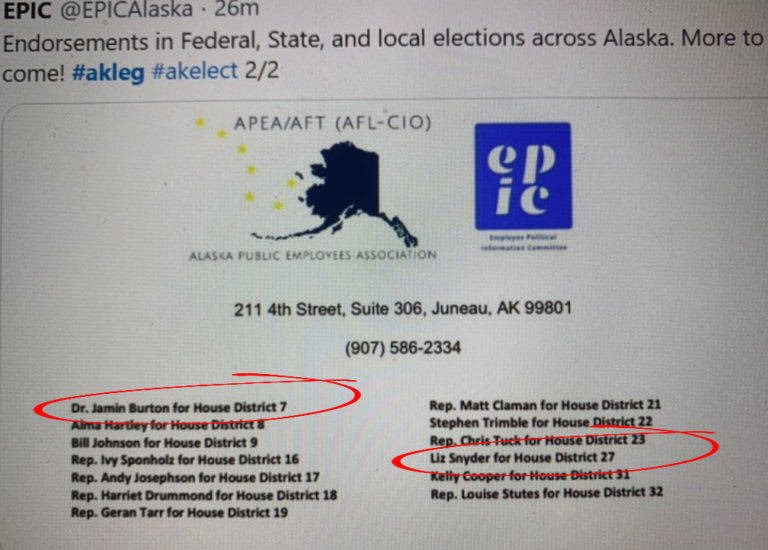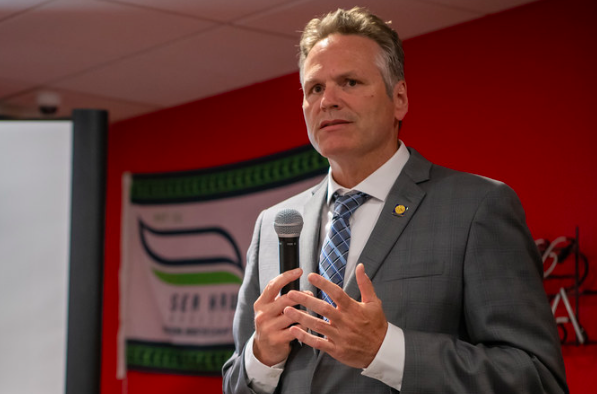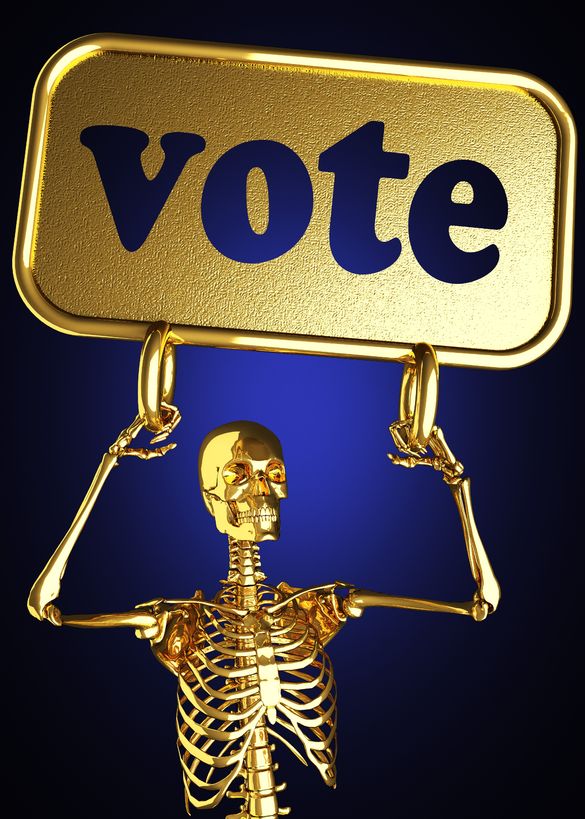A group of litigants has lost in court in their effort to force the Division of Elections to mail absentee ballot applications to every Alaska voter.
The lawsuit brought by Anchorage attorney Scott Kendall on behalf of an outside group called Equal Citizens, was filed this summer after the Division of Elections and the lieutenant governor decided to mail absentee ballot applications to Alaskan voters over the age of 65, because they are at greater risk for serious complications from the COVID-19 coronavirus and may choose to vote from home, rather than in person.
No good deed goes unpunished, as the saying goes, and by helping out senior citizens, Lt. Gov. Kevin Meyer attracted a lawsuit from Kendall, who also heads up the effort to recall Gov. Mike Dunleavy and who also represents Ballot Measure 2, an effort to dismantle the Republican Party’s primary ballot and enact a “jungle primary.”
The lawsuit represented individuals under the age of sixty-five that Kendall said also face high-risk complications from the virus or who may not have access to medical treatment. The lawsuit alleges that by only mailing absentee ballot applications to those 65 years or older, the state is discriminating.
In Alaska, any voter may request an absentee ballot for any reason; the Division of Elections took a belt-and-suspenders safety approach to senior citizens, which are a high risk group. The state also launched an online application to increase access to absentee ballots.
Joining the lawsuit as “amici parties” (friends of the court) were Alaska Community Action on Toxics, The Alaska Center (for the Environment) Education Fund, and Planned Parenthood Votes Northwest and Hawaii.
They suggested that Alaska Natives are a high-risk population, too. And so are blacks and Pacific Islanders. Mostly, it appeared that the lawsuit was trying to increase the turnout of Democrat ballots, judging from the description they provided.
But Judge Joshua Kindred said that he was not going to second-guess the lieutenant governor on the decision to mail absentee ballot applications to senior citizens. Lt. Gov. Kevin Meyer had earlier said that group typically has a more difficult time with digital technology and might not be able to fill out an online application for an absentee ballot.
The judge acknowledged that Kendall had some good points, but not enough of them to sway the judge to get involved in forcing the State to conduct elections according to the Kendall prescription.
“Importantly, Plaintiffs minimize the reality that the State already has provided a path to mail-in voting to all Alaskans, and that remains true regardless of whether this Court were to grant a preliminary injunction,” Kindred wrote.
Referring to the attorney’s argument, the judge said it was not only “wanting, but appears to this Court to be fatally flawed.”
He continued: “First, it views the balance of hardships in a selective and convenient vacuum, conducting the balancing exercise without due consideration of Defendants’ perspective. Furthermore, Plaintiffs missed an opportunity to remedy this deficiency in their reply, instead reducing Defendants’ articulation of hardship as speculative. Second, and perhaps more damning, Plaintiffs misstate the purported harm. Every voter does have the right to an absentee ballot. Nothing about Defendants’ actions that give rise to this litigation alters the ability for all Alaskans to vote by mail. Nor do Defendants’ actions alter the fact that all Alaskans must apply to exercise their right to vote by mail. “
Read Judge Kindred’s entire decision here:











